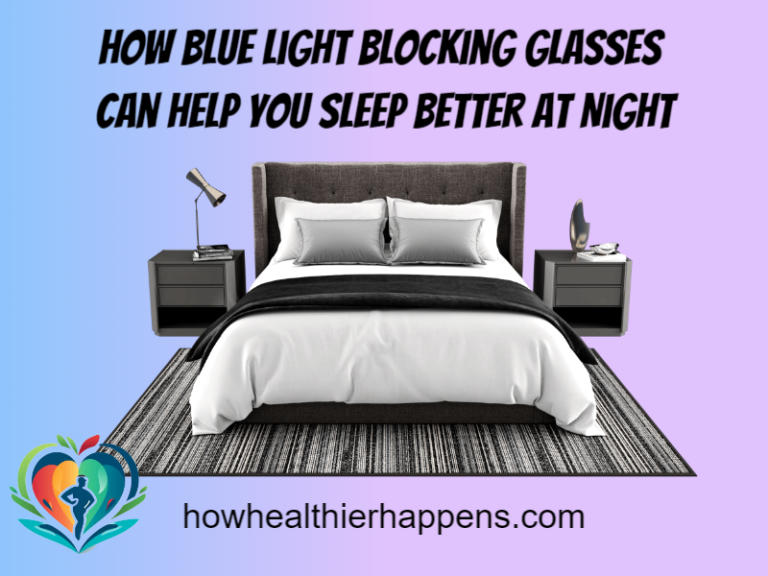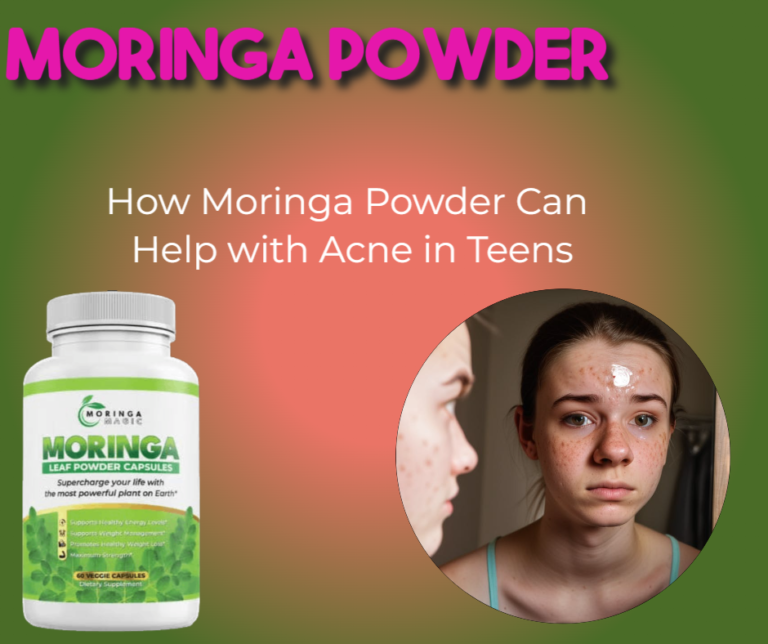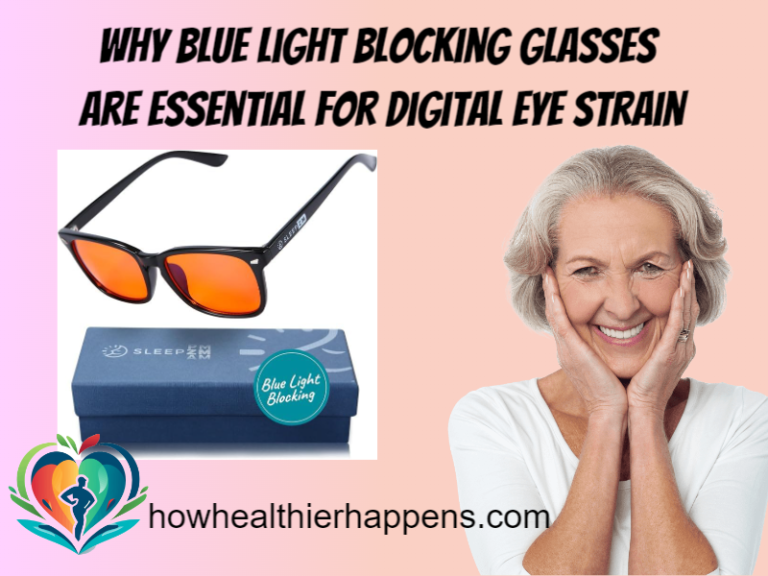
In today’s digital age, our reliance on screens has reached unprecedented levels. Whether it’s for work, entertainment, or communication, most of us spend hours each day staring at computers, tablets, and smartphones. While technology has brought countless benefits, it has also introduced new challenges, one of the most significant being digital eye strain.
Digital eye strain, also known as computer vision syndrome, affects millions of people worldwide. Symptoms can include headaches, dry eyes, blurred vision, and neck and shoulder pain. One of the primary culprits behind these issues is blue light, a high-energy visible (HEV) light emitted by digital screens. This is where blue light blocking glasses come into play, offering a practical solution to mitigate the effects of prolonged screen time.
Understanding Blue Light and Its Effects
Blue light is a part of the visible light spectrum, with wavelengths between 400 and 500 nanometers. It is found in sunlight and is also emitted by digital devices, LED lights, and fluorescent lighting. While blue light during daylight hours is essential for maintaining our circadian rhythm, exposure to it during the evening or for extended periods can have negative effects.
Blue light protection is crucial because excessive exposure to blue light can lead to a variety of problems, including:
- Digital Eye Strain: Blue light scatters more easily than other visible light, making it difficult for the eyes to focus. This can lead to eye strain, especially when using digital devices for extended periods.
- Disruption of Sleep Patterns: Blue light exposure in the evening can interfere with the production of melatonin, a hormone that regulates sleep. This can result in difficulty falling asleep and reduced sleep quality.
- Potential Eye Damage: There is ongoing research into the long-term effects of blue light exposure on the eyes. Some studies suggest that prolonged exposure to blue light may contribute to retinal damage and increase the risk of age-related macular degeneration.
Given these potential risks, it’s clear why blue light blocking glasses are becoming an essential tool for anyone who spends a significant amount of time in front of screens
How Blue Light Blocking Glasses Work
Blue light blocking glasses are specially designed to filter out or block a portion of blue light emitted by digital screens. They typically feature lenses with a special blue light coating that reflects or absorbs blue light, preventing it from passing through to your eyes. This helps reduce eye strain and minimize the potential for long-term eye damage.
There are various types of blue light lenses available, each offering different levels of protection. Some glasses block a high percentage of blue light, while others offer a more balanced approach, filtering out only the most harmful wavelengths. This allows users to choose the level of protection that best suits their needs.
Key Benefits of Blue Light Blocking Glasses
Reduction of Digital Eye Strain: The primary benefit of blue light blocking glasses is their ability to reduce digital eye strain. By filtering out the harsh blue light, these glasses make it easier for your eyes to focus, reducing fatigue and discomfort during prolonged screen use.
Improved Sleep Quality: For those who use screens late into the evening, blue light protection is essential. Wearing blue light blocking glasses in the evening can help regulate your sleep patterns by reducing the impact of blue light on melatonin production. This can lead to better sleep quality and a more restful night.
Long-Term Eye Health: While more research is needed, there is evidence to suggest that blue light lenses may help protect against long-term eye damage. By reducing your exposure to blue light, these glasses could potentially lower your risk of developing conditions like age-related macular degeneration.
Enhanced Comfort During Screen Use: Many people find that blue light filter glasses not only reduce eye strain but also make screen use more comfortable overall. The lenses can reduce glare and improve contrast, making it easier to work, read, or play games for extended periods.
Who Should Use Blue Light Blocking Glasses?
Given the widespread use of digital devices, blue light blocking glasses can be beneficial for almost everyone. However, they are particularly important for:
- Office Workers: If you spend most of your day working on a computer, you’re at high risk for digital eye strain. Computer glasses with blue light lenses can help protect your eyes and improve your comfort throughout the day.
- Students: Students often spend long hours studying and completing assignments on their computers. Blue light filter glasses can help reduce the strain on their eyes, making it easier to focus and concentrate.
- Gamers: Gamers often spend hours in front of screens, making them prime candidates for blue light blocking glasses. These glasses can enhance their gaming experience by reducing eye fatigue and improving visual clarity.
- Night Owls: If you frequently use digital devices late into the night, blue light protection is crucial. Anti-blue light glasses can help you maintain a healthy sleep schedule by minimizing the disruption to your circadian rhythm.
- Anyone Experiencing Digital Eye Strain: If you’re already experiencing symptoms of digital eye strain, blue light blocking glasses are a simple and effective solution to alleviate your discomfort.
Choosing the Right Blue Light Blocking Glasses
When selecting blue light blocking glasses, it’s important to consider several factors to ensure you get the best protection for your needs:
- Level of Blue Light Blocking: Not all blue light lenses are created equal. Some block 100% of blue light, while others block a smaller percentage. If you’re looking for maximum protection, choose glasses with a high level of blue light blocking.
- Lens Color: Blue light filter glasses are available with different lens colors, ranging from clear to amber. Clear lenses typically block less blue light but offer a more natural viewing experience, while amber lenses block more blue light but may slightly alter the color of your screen. Consider your personal preference and needs when choosing the lens color.
- Comfort and Fit: Since you’ll likely be wearing these glasses for extended periods, it’s important to choose a pair that is comfortable and fits well. Look for lightweight frames with adjustable nose pads and arms for a customized fit.
- Style: Blue light blocking glasses come in a variety of styles, from classic to modern. Choose a style that you feel comfortable wearing, whether you’re at home, in the office, or on the go.
- Prescription vs. Non-Prescription: If you already wear prescription glasses, you can get blue light lenses added to your existing prescription. Alternatively, if you don’t need prescription lenses, you can opt for non-prescription blue light blocking glasses.
In a world where digital devices are an integral part of our daily lives, blue light blocking glasses have become an essential tool for maintaining eye health and comfort. By reducing digital eye strain, improving sleep quality, and potentially protecting against long-term eye damage, these glasses offer a simple and effective solution to a growing problem.
Whether you’re an office worker, student, gamer, or just someone who spends a lot of time in front of screens, blue light blocking glasses can help alleviate the discomfort of digital eye strain and protect your eyes from the harmful effects of blue light. With the right pair of blue light filter glasses, you can enjoy your digital devices without the worry of eye fatigue or disrupted sleep.
Investing in a quality pair of blue light blocking glasses is a small step that can make a big difference in your overall well-being. So, if you haven’t already, consider making blue light protection a priority in your daily routine—you’ll likely notice the benefits in both your comfort and your health.
25 Frequently Asked Questions (FAQs) Related to the Topic of Blue Light Blocking Glasses
General Questions
- What are blue light blocking glasses?
- Blue light blocking glasses are eyewear designed to filter out or block blue light emitted by digital screens, helping to reduce eye strain and improve sleep quality.
- How do blue light blocking glasses work?
- These glasses work by using special lenses with blue light filters or coatings that absorb or reflect blue light, preventing it from reaching your eyes.
- Why is blue light harmful to the eyes?
- Excessive exposure to blue light can cause digital eye strain, disrupt sleep patterns by affecting melatonin production, and may contribute to long-term eye damage.
- Who should consider wearing blue light blocking glasses?
- Anyone who spends significant time in front of digital screens, such as office workers, students, gamers, and those who use screens at night, should consider wearing blue light blocking glasses.
- Can blue light blocking glasses help with digital eye strain?
- Yes, by reducing the amount of blue light that reaches your eyes, these glasses can alleviate symptoms of digital eye strain, such as headaches, dry eyes, and blurred vision.
Benefits and Effects
- Do blue light blocking glasses improve sleep quality?
- Yes, wearing these glasses in the evening can help reduce the impact of blue light on melatonin production, leading to better sleep quality.
- Can blue light blocking glasses prevent long-term eye damage?
- While more research is needed, these glasses may help protect against potential long-term damage caused by prolonged blue light exposure.
- Do blue light blocking glasses reduce glare?
- Many blue light blocking glasses come with anti-glare coatings that can reduce glare from screens, making it easier to view digital content.
- Will blue light blocking glasses affect how I see colors?
- Some blue light blocking glasses, particularly those with amber lenses, may slightly alter color perception, but clear lenses typically do not significantly affect colors.
- Are blue light blocking glasses effective for gamers?
- Yes, these glasses can reduce eye strain and improve visual comfort during extended gaming sessions.
Types and Features
- What is the difference between clear and amber lenses in blue light blocking glasses?
- Clear lenses block a lower percentage of blue light but provide a more natural viewing experience, while amber lenses block more blue light but may alter color perception.
- Are there prescription blue light blocking glasses available?
- Yes, you can get blue light lenses added to your existing prescription glasses or purchase prescription blue light blocking glasses.
- Do all blue light blocking glasses block the same amount of blue light?
- No, different glasses block different percentages of blue light. It’s important to check the specifications to choose the right level of protection for your needs.
- Can I wear blue light blocking glasses all day?
- Yes, you can wear them all day, especially if you spend most of your day in front of screens. However, some people may prefer to wear them only during screen use.
- Do blue light blocking glasses come in different styles?
- Yes, they come in a wide variety of styles, from classic to modern designs, so you can find a pair that suits your taste and needs.
Usage and Care
- When should I wear blue light blocking glasses?
- It’s recommended to wear them whenever you’re using digital screens, especially in the evening to prevent blue light from affecting your sleep.
- Can I use blue light blocking glasses with contact lenses?
- Yes, you can wear blue light blocking glasses over your contact lenses without any issues.
- Do blue light blocking glasses need special cleaning?
- No, you can clean them like regular glasses using a microfiber cloth and lens cleaner, but avoid harsh chemicals that might damage the coating.
- Will blue light blocking glasses help with migraines?
- Some people find that reducing blue light exposure with these glasses can help reduce the frequency or severity of migraines, but results may vary.
- Can children use blue light blocking glasses?
- Yes, blue light blocking glasses are available for children and can be particularly beneficial if they spend a lot of time on digital devices.
Purchasing and Selection
- How do I choose the right blue light blocking glasses?
- Consider factors like the percentage of blue light blocked, lens color, comfort, style, and whether you need a prescription.
- Are expensive blue light blocking glasses better?
- Not necessarily. While higher-priced glasses may offer more features or better build quality, many affordable options also provide effective blue light protection.
- Can I get blue light blocking clip-ons for my existing glasses?
- Yes, clip-on blue light blockers are available and can be a convenient option if you already wear prescription glasses.
- Do blue light blocking glasses have UV protection?
- Some blue light blocking glasses also offer UV protection, but it’s important to check the product details to ensure this feature is included.
- Where can I buy blue light blocking glasses?
- You can purchase blue light blocking glasses from optical stores, online retailers, and some electronic stores. Make sure to buy from reputable sellers to ensure quality.
These FAQs cover a broad range of topics that would likely be of interest to readers seeking to learn more about blue light blocking glasses, addressing common concerns and providing practical advice.











